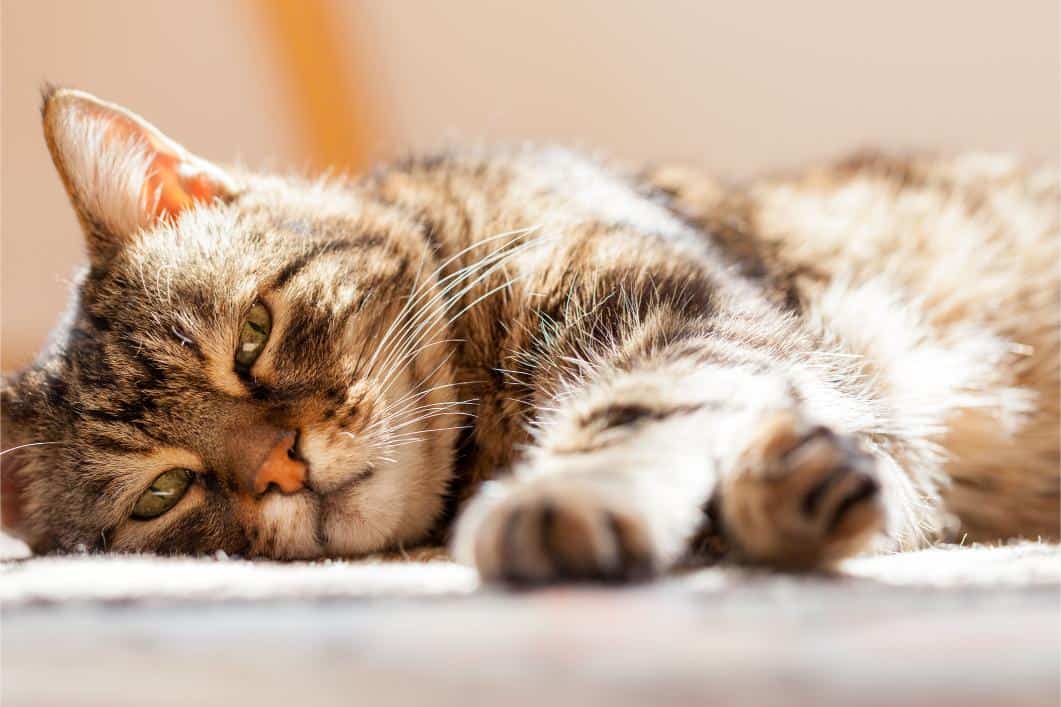Caring for Senior Cats: Expert Tips From Your Veterinarian

Who says man’s best friend is the dog? Animal Hospital of West Woodstock thinks that there is an excellent case to be made for cats to be at the top of the most excellent companion list. Proactive cat care is a good way to show your feline friend that you care about them, and aging felines need a little extra attention. Keep reading to learn all of our veterinary team’s best tips for senior cat care.
Cat Health Tips
Caring for a senior cat doesn’t have to be super complicated. If you are paying attention to a few areas, you can set your aging feline up for success.
The focuses for good senior cat care should include:
- Routine wellness care check-ups twice annually (or as otherwise recommended). This is an important way for your pet’s entire healthcare team to keep tabs on how they are doing and stay ahead of trouble.
- Preventive care such as vaccines and parasite prevention. Overall immunity tends to decrease with age, and it is important to keep up with it.
- A balanced nutritional plan for your pet including appropriate calorie intake (we can help with this).
- Proactive dental care.
Caring for a senior pet is no different than caring for any other animal, but things certainly become more important with age.
Grooming is Important
As cats age, they tend to have more trouble taking care of themselves. Issues like decreased mobility, dental issues, and systemic disease can make basic tasks a little more difficult. They need your help to stay feeling their best.
Be sure to incorporate basic grooming into your cat care routine for your senior pet including:
- Brushing as tolerated to support coat health and minimize matting
- Trimming nails regularly (often older cats don’t shed their nails as well as younger models)
- Trimming around the potty area as needed to prevent messes
- Ear cleaning to remove excess wax buildup
Grooming is also a great time to make notes about your cat’s overall well being. Changes in coat texture, new sensitive areas, or a lump that you haven’t noticed previously can all be clues to schedule an appointment with us.
Mobility Matters
We are learning more and more that cats are affected by aging changes such as arthritis long before we recognize the problem as pet owners. Cats often hide signs of pain, and suffer in silence as we learn more about clues that they are having trouble.
Arthritis is a painful condition that leads to progressive degeneration of the joints. It can negatively impact mobility, comfort, and ultimately, affect quality of life.
Signs of decreased mobility and arthritis can be subtle. While sometimes cats will have obvious lameness or limping, it is important to know other potential signs like such as:
- Change in behavior
- Not using the litter box normally
- Hesitation when jumping
- Jumping to lower surfaces to reach higher surfaces
- Hopping up or down the stairs
- Decreased grooming
- Changes in sleeping locations
When we know better, we can do better. Mobility changes in cats can be managed by weight management, dietary aids and supplements, anti-inflammatories, and targeted pain management with medications such as Solensia.
Senior cats deserve good care and to feel their best. By placing some attention on the areas that affect them most, you can ensure the best cat health, whether your cat is old, young, or in between.
